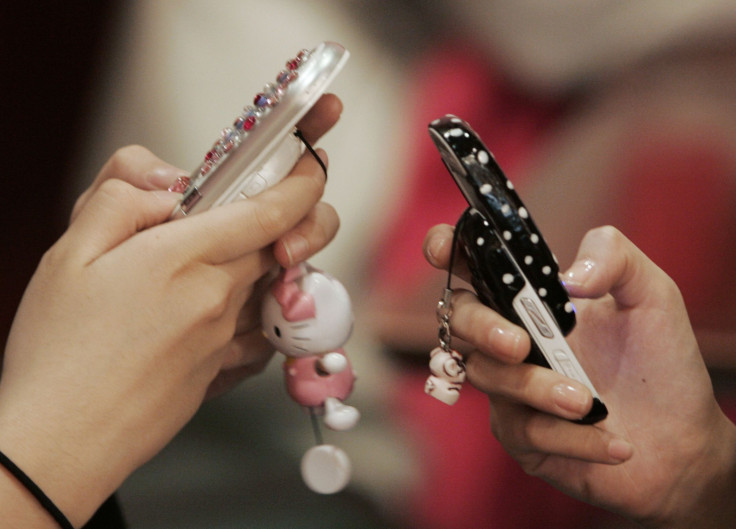How To Protect Your Kids Online: Text Message, Facebook Monitoring Apps Attract Parents Concerned With Cyberbullying

It’s 2015. Do you know where your kids are online?
Millions of parents, watching as their children spend more and more time on their smartphones, are deploying surveillance technology that promises to determine what exactly kids are up to. But what starts as a way of protecting young people from bullies and porn can quickly morph into a screaming match over trust and maturity. Now that 92 percent of teenagers in the U.S. are online “almost constantly,” though, parents are increasingly throwing tantrums over something worse.
“When I was a teenager, parents were concerned about me going to the recreation center, where they weren’t invited, and now all this technology is making parents nervous,” said Lynn Schofield Clark, author of “The Parent Trap: Understanding Families in a Digital Age” and a media professor at the University of Denver. “Parents are also busier than ever before. They feel like they have to be on call for work at odd hours, and now one of their main goals is keeping the family afloat financially as well as supervising their kids.”
A growing industry of apps seeks to dampen the uncertainty. One of them, TeenSafe, enables parents to monitor their child’s Facebook, WhatsApp, Instagram, text messages, deleted text messages and browser history for $14.95 a month. Co-founder Ameeta Jain says TeenSafe is the only app parents can use without jailbreaking their child’s iPhone (which nullifies their Apple warranty) and that it’s the only child-monitoring app that’s partnered with the National Parent-Teacher Association.
“How many parents have heard from their child, ‘I hate you’? Well if you hear that, you’re probably doing a good job,” Jain said. “As parents, we’re the least of their worries.”
Jain added that TeenSafe aided in the arrest of one adult male who was preparing to meet with an underage girl and has helped multiple parents discover that their children should be in therapy. But maybe it shouldn’t surprise: Over half of the young people who responded to a recent poll said they were cyberbullied in 2014, with 11 percent saying embarrassing photos were included in the harassment campaign.
An unrelated poll from ZDNet found that 82 percent of parents agree with the statement that they should have “full data feeds of what their children post and receive via Facebook, text, email and any other application or service used on their devices. It is a parent’s right to ‘violate’ their child’s notion of ‘privacy.’ ”
Still, experts warn that delving into a young person’s communication is the modern-day equivalent of reading their diaries -- so they should give some warning.
“I think parents’ concerns about authority and freedom get kind of superimposed on technology, and I think a message we want to send to young people is that they’re free to make mistakes,” said Schofield Clark, adding that if parents are going to monitor their kids, then they should at least tell them first. “I think parents do have a responsibility to understand young people’s lives. The best way to do that is to simply ask them or take a tour of their Facebook or Instagram.”
With TeenSafe, parents don’t need physical access to their child’s phone to monitor what they’re doing. Parents give TeenSafe permission to collect information on their child’s mobile software, authorizing the app to save messages sent on their Facebook app, for instance, SMS conversations or other “Accessed Activities.” Jain declined to provide details on the “secret sauce” technology on which the app relies.
© Copyright IBTimes 2025. All rights reserved.




















